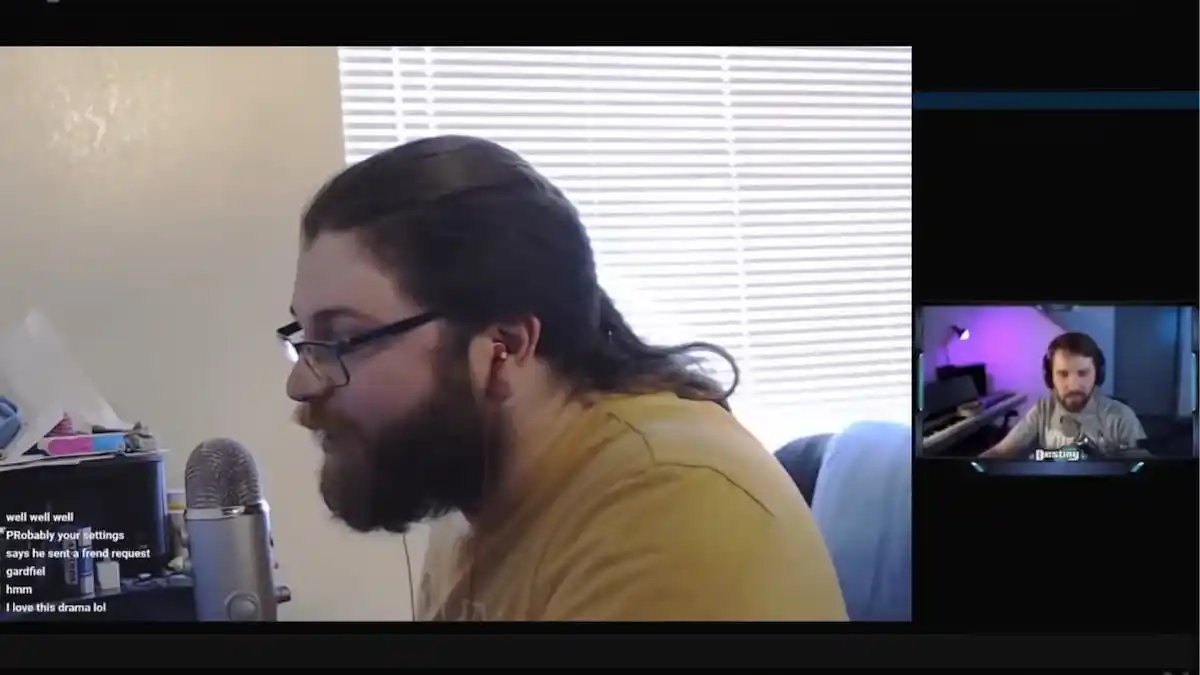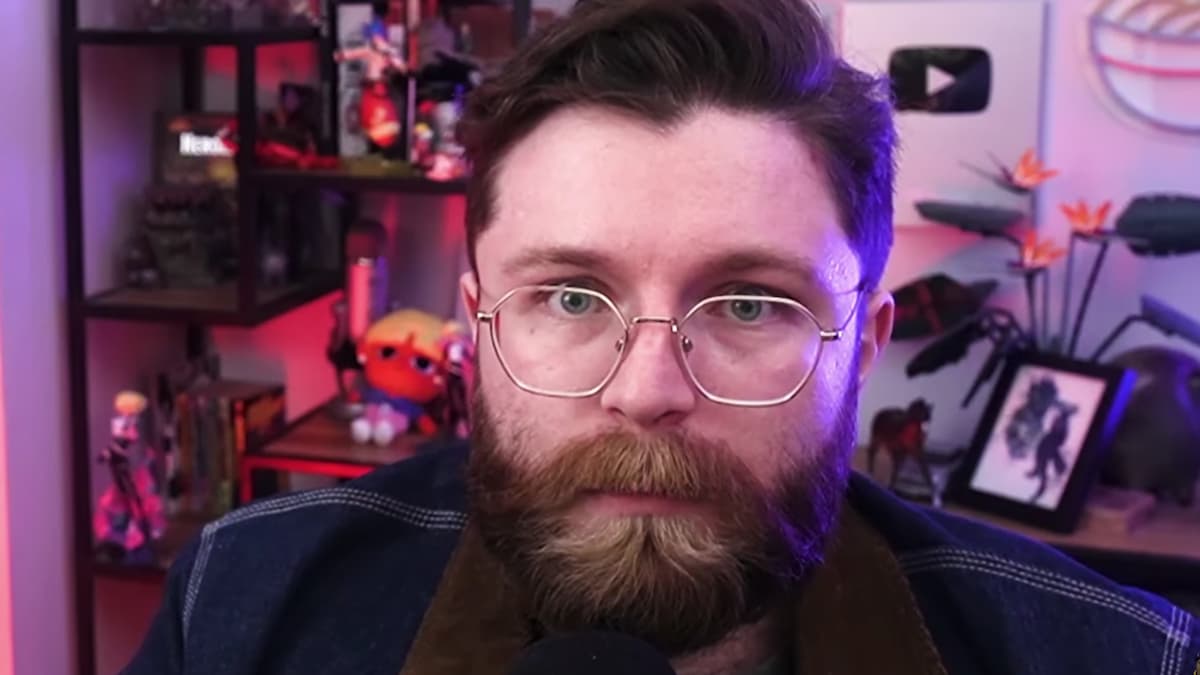Vaush Controversy: Explained & Societal Impact
Is the internet a breeding ground for controversy, or simply a mirror reflecting the complexities of modern discourse? The ongoing saga of "Vaush," a prominent figure in online political commentary, suggests that it might be both. The controversies surrounding him have not only shaped his public persona but also serve as a fascinating case study in the evolving landscape of online debate, free speech, and the often-unpredictable reactions of online communities.
The "Vaush controversy" isn't a single event but a series of interconnected incidents, statements, and reactions that have defined his career. Key events have repeatedly brought attention to his unique and often provocative approach to political commentary and online interactions.
| Full Name | Ian Kochinski |
| Known As | Vaush |
| Born | Information not readily available. |
| Political Affiliation | Progressive, Libertarian Socialist |
| Occupation | Political Commentator, Twitch Streamer, YouTuber |
| Content Focus | Political analysis, debates, sociological commentary, current events |
| Controversies | Controversial statements on various topics, including child pornography, Israel, and other political and social issues. Often involved in online disputes with other content creators. |
| Platforms | Twitch, YouTube, Twitter |
| Notable Characteristics | Known for his direct and often confrontational style, engagement in debates, and analysis of complex socio-political issues. He also has a distinctive way of communicating with his audience. |
| Website (Reference) | Please provide a credible source about Vaush |
One of the recurring criticisms leveled at Vaush is his tendency to engage in online "beefs" with other content creators. This aggressive approach, often characterized by harsh language and personal attacks, has been a defining feature of his online presence. The "vitriol," as some describe it, has, paradoxically, contributed to his notoriety. His interactions with other figures, like Hasan Piker, are prime examples of this dynamic. While Hasan, for instance, largely avoids direct drama-mongering, Vaush's channel is replete with videos explicitly criticizing him. The mutual content published by both parties indicates the intensity of their mutual disagreements.
Vaush's stances on potentially sensitive and complex topics, such as child sexual abuse material (CSAM) and child sexual exploitation material (CSEM), have drawn significant criticism and accusations of pedophilia. A particularly notorious quote of his centers on his arguments about the topic which have been subject to heavy debate. He's also expressed his views on situations such as the one of pedophilia. Specifically, he asserted that, as a rule utilitarian, he could not justify pedophilia, arguing that such relationships, on the whole, produce negative outcomes. These statements, intended to be a defense against the predatory nature of such acts, were, however, interpreted as problematic by many.
The gaming community's response to the "Vaush controversy" has been divided. A significant portion has rallied to his defense, viewing the situation as an assault on free speech and creative expression. They argue that the standards to which creators are held are impossibly high, hindering open dialogue and exploration of difficult subjects.
Other controversies have emerged through his takes on Israel and antisemitism. In the same year as the poppy drama, Vaush faced a ban on Twitch for suggesting the U.S. should initiate a bombing campaign in Israel, labeling it a "fascist ethnostate." His comments drew criticism and fueled debate, adding fuel to the already simmering controversy.
Vaush's method often follows a certain cadence. He introduces a contentious view, stirring emotional responses, and later attempts to offer clarification. President Sunday has previously criticized Vaush but, in most cases, did not get a similar degree of backlash from either Vaush or his community. In the "Vaush is Evil" video, Vaush even acknowledged some specific criticisms as valid despite overall framing. These acknowledgements are rare in a culture of strong opinions.
A further layer of complexity comes with the revelation of his openness to specific views. This primarily resurfaced during the "Vaush opening his folder" controversy, when images thought to depict lolicon were allegedly discovered in his possession, which led to many people denouncing Vaush. During that incident, Keffals issued a series of statements and videos defending Vaush, which brought her back into public attention.
The suspension of popular political streamers Hasan Piker and Ian "Vaush" Kochinski, along with a smaller streamer known as "Fawn" on the night of December 13, highlighted the increasing scrutiny content creators face. While the specific reason for the suspension wasn't public knowledge immediately, such actions underscored the role of platforms in policing controversial content.
Many people have voiced opinions in favor of his takes, while others have voiced their doubts about his takes. It is undeniable that Vaush has a considerable effect on the online landscape. He is known as a left-wing political streamer, and at some point his community picked up a joke about him liking to engage in zoophilia, which Vaush himself has embraced the meme as well, so there's now a link between Vaush and horses.
During the fallout from this controversy, Vaush's responses and claims, as well as his past actions, have come under scrutiny. During a stream on the evening of February 9th, Vaush addressed the allegations, asserting he didn't recognize the images as depicting young girls, claiming he thought they were women with "short stack builds." These claims have done little to appease his critics.
The viral catchphrase "Tacoma Wept," from a 2020 stream, has resurfaced, amplified by his recent controversies. This meme, initially derived from a cringeworthy viral video, demonstrates the ever-present impact of his online persona. The meme's persistence and resurgence reveal the power of social media to immortalize moments and shape public perception. The phrase embodies a particular moment in his online presence, an event that continues to generate discussion and controversy.
Analyzing the controversies surrounding Vaush reveals underlying societal tensions regarding free speech, accountability, and inclusivity. The debate over his actions and comments mirrors broader discussions about where the line should be drawn in online discourse, the standards for holding individuals accountable, and the importance of including diverse perspectives, even those that may be uncomfortable or challenging.
The Vaush controversy is far more than just a collection of isolated incidents. It's a window into the complicated, sometimes volatile, world of online politics, community, and the ongoing struggle to define the rules of engagement in the digital age. His story reflects how online actions can be both a driver and a product of the complex social and political conversations shaping our world.


